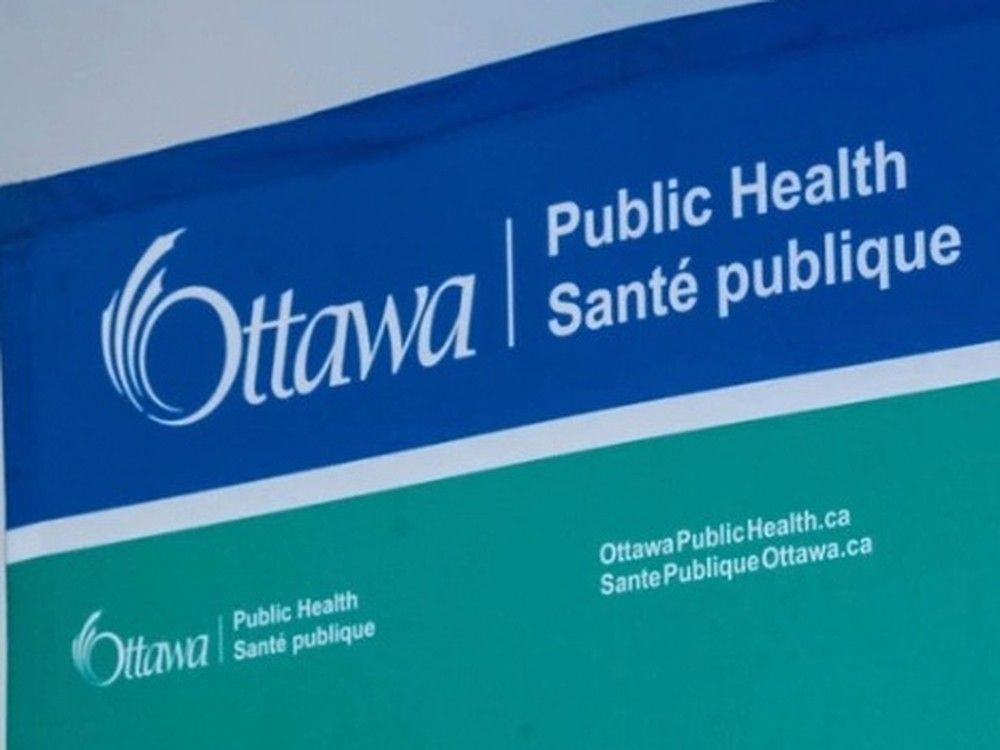
Article content
Ottawa Public Health is struggling to keep up with growing demand for public health inspections and is looking for permanent, stable provincial funding to help it hire and train more inspectors.
Given increasing demands, OPH says it would need six more inspectors this year to comply with current Ontario public health standards.
Article content
Ottawa’s board of health will consider recommendations Monday that its chair ask the Ministry of Health for permanent annual base funding for the public health inspector practicum program and that it review the funding formula for inspectors.
Article content
In a report to the board of health, OPH notes that inspections of restaurants, food processing operations and personal services such as tattoo parlors, among other demands, have been increasing and growing more complex in recent years. At the same time, the role of public health inspectors goes beyond those routine inspections.
“Public health inspectors (PHIs) are the backbone of OPH’s inspection program, with inspections playing a fundamental role in preventing illness. PHIs roles extend beyond routine inspections, responding to complaint investigations, conducting outbreak management, completing health hazard investigations, providing education to businesses and the public and engaging with partners,” the report says,
Among other things, PHIs were heavily involved in the COVID-19 pandemic response, according to the report from OPH. They also conducted 1,678 rabies investigations in 2023 alone, along with health hazard investigations and emergency responses.
Meanwhile, inspectors are increasingly difficult to recruit.
In 2023, Ottawa public health inspectors conducted more than 8,250 routine, mandated compliance inspections, along with 486 inspections based on complaints and 2,200 re-inspections to address issues of concern, the report says.
Article content
In 2024, OPH would need to conduct 12,576 routine mandated inspections to comply with current Ontario public health standards, which mandate certain inspections. That would require an additional six permanent positions to meet those targets, the report adds.
OPH says it has been able to sustain its programs by “prioritizing” work based on risk, but it has been unable to meet some standards set by the province for how often mandatory inspections should be conducted. It has completed 100 per cent of mandated inspections in high-risk settings serving high-risk populations, such as long-term care homes, retirement homes and child-care locations. Its risk-management approach has been validated by a decrease of overall critical infractions for food safety in 2022 compared to 2018 and 2019, the report says.
OPH is working with the City of Ottawa on recruitment strategies for public health inspectors, including pay increases. In addition, the report notes OPH must apply to the Ministry of Health for PHI trainee positions and funding has been “temporary, inconsistent from year to year and often does not sufficiently cover costs” of more than one trainee practicum. Having stable funding would make it easier to recruit and train inspectors, something that is difficult.
Share this article in your social network